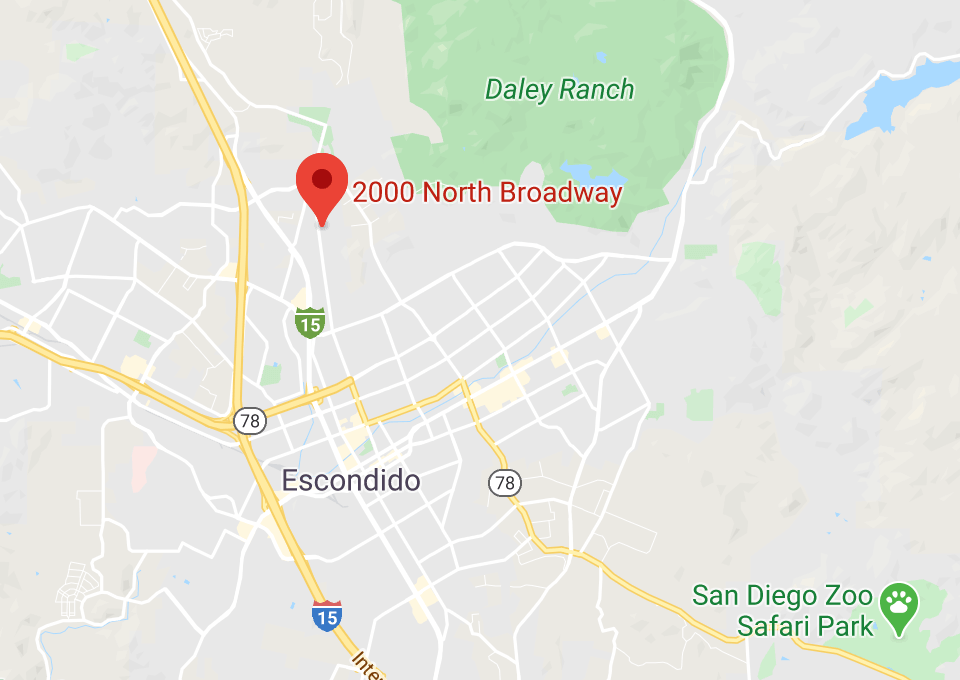In chapel a month ago, students were encouraged to pick a “target word” for the year to identify an area where they felt they could be better glorifying God in their life. Since I knew this year I wanted to cultivate a deeper trust in God, I figured it would be simple enough to choose “trust” as my word. So far, it has proven to be apropos… but not simple. It is easy enough to say “trust God” but when things are actually going wrong, it is hard to answer “for what?”
Another chapel last week really hit home for me. The speaker addressed the students (and let’s admit it, all of the adults in the room) who feel that at some point in their life they trusted God and He let them down. It is an undeniable fact that things do not always go well. Even if they had not yet experienced a personal tragedy, everyone in my tenth grade English class had an obvious example of this to point to; we are currently reading “Night” by Elie Wiesel, an autobiography about his time in a German concentration camp. As he was Jewish, his knowledge of Jesus as the risen Messiah was incomplete, and he is very honest about the collapse of his faith in religion throughout the book as his denial about his situation crumbles before the irrefutable reality of the horrors humanity is capable of. There is a point in the story where he sees a small child killed, and he hears someone in the crowd ask “Where is God?” This leads him to reflect that God was the innocence in the baby that has now been killed, as if the idea of God was something only a childish mind would entertain and cannot stand in the face of true and severe trial. This part rent my heart, not just because of the tragic situation, but because he was so close and yet so far from the truth.
As the chapel speaker pointed out, every time you feel God has not come through for you, look at the cross. Christ, the innocent son of God, died in your place for your sins. He HAS come through for you, and no subsequent situation will change that. God does not owe you that job, that “A” on a test, or the healing in that relationship. To believe that giving your life to Christ will make you immune to pain and struggle is the farthest thing from the truth. In fact, in 1 Peter 2 it says we are called to struggle, following in Christ’s footsteps. Ask the apostles, ask Job, ask any believer and they will know: pain is real. Even high schoolers know this, and if they haven’t experienced a situation which has jaded them yet, they will, and as teachers and parents we are called to give them the tools to know how to face struggles when they do come to tear at the very foundation of their faith.
Trusting God does not mean assuming He will keep us from danger, though he may often will to do so. Trusting God does not mean expecting Him to give wealth and success to people who work hard and “deserve it”. Trusting God does not even mean trusting that God is bound to heal my Grandpa because I prayed for it. To say I trust God is not referring to WHAT He is doing, but it is saying that I trust WHO he is. I trust that He is both the creator and manager of the universe and that anything he allows to happen to me is something deemed redeemable by the one who loves me enough to die for me. I trust that no tragic detail has escaped his notice, and he will work all things for His and my ultimate good, so I can praise him in the midst of strife. God is too big to be treated as a trained animal to attend to our prayer requests, and sometimes his shattering of these shallow ideas hurts. But it is always worth it. What Elie Wiesel was missing when he saw God as only a God of innocence was the image of the Savior who suffered for us and suffers with us in our own grief at a fallen world. I pray that each of my students can come to see him in the same way.

In light of this, a great conversation to have with your child would be what they understand “trusting God” to mean, and how their understanding of God affects their experience of suffering. Also valuable, would be to ask what their word of the year is. Perhaps they have felt the need to trust God more as well. If they haven’t chosen a target word for the year yet, it may be a great opportunity to discuss their spiritual growth with them, and even examine yourself. May God grow us all in our trust, and many other varied ways, this year.



